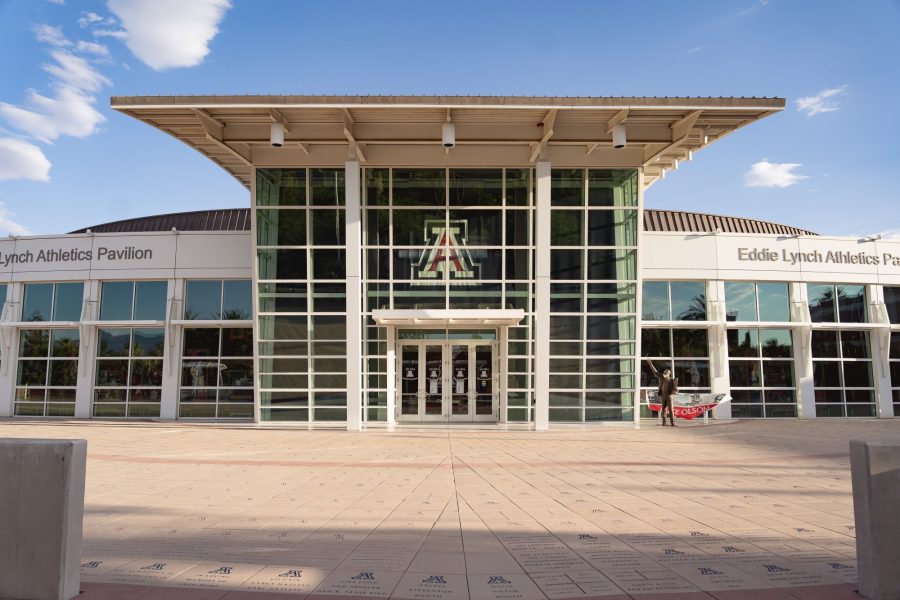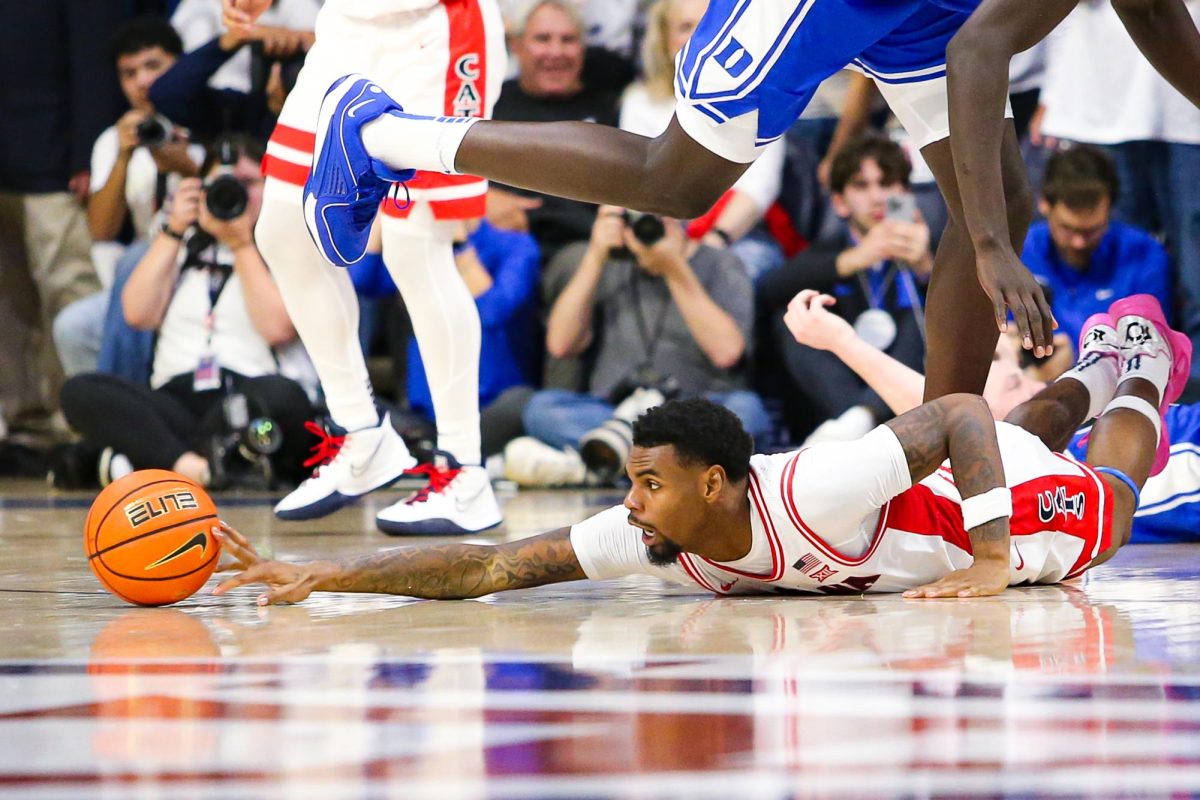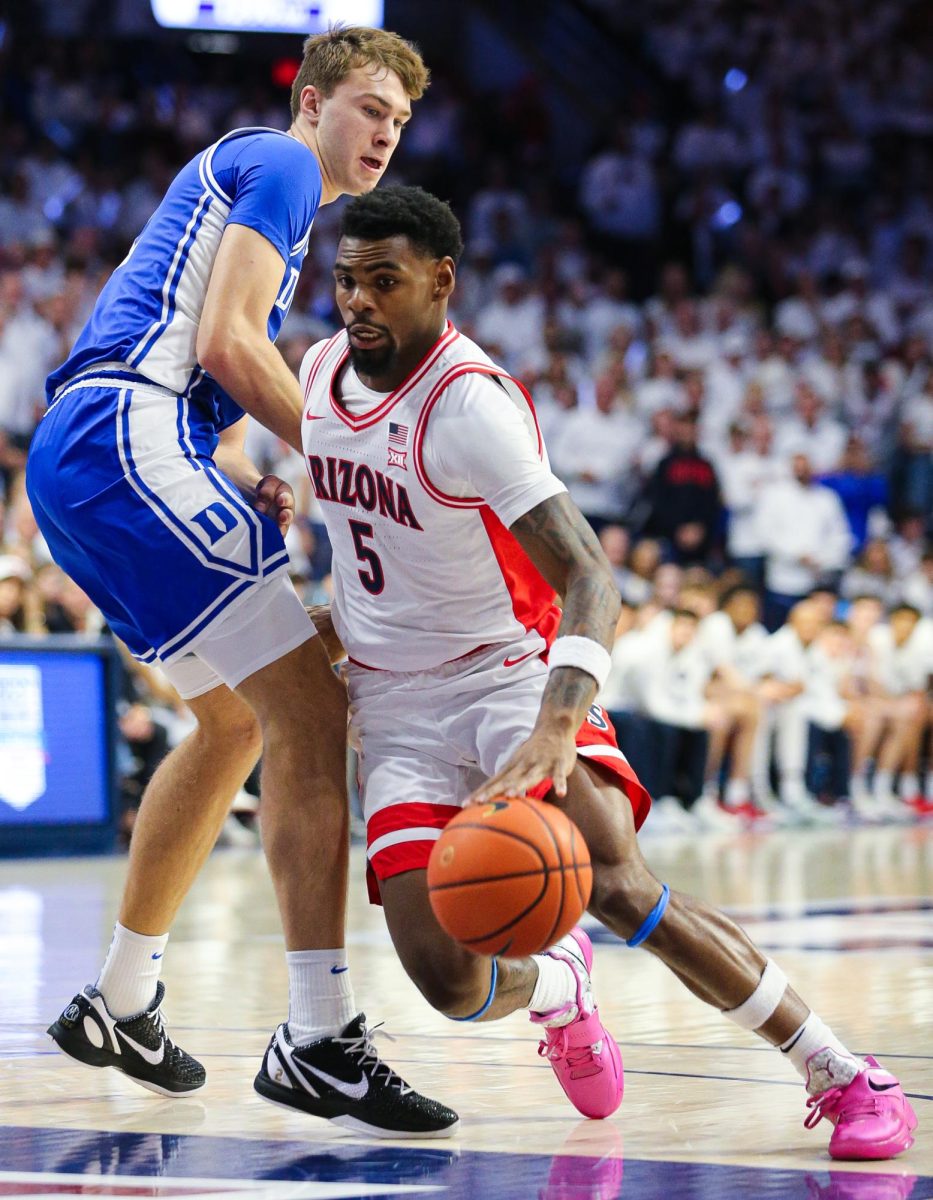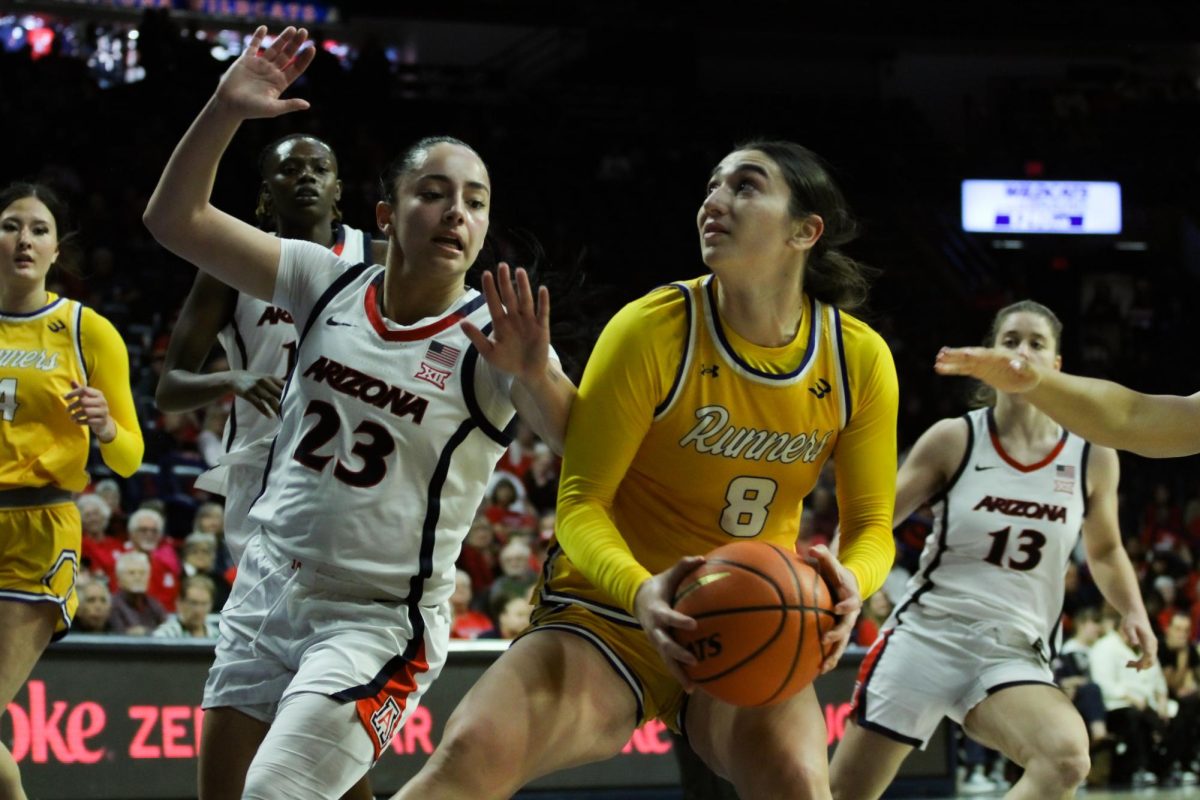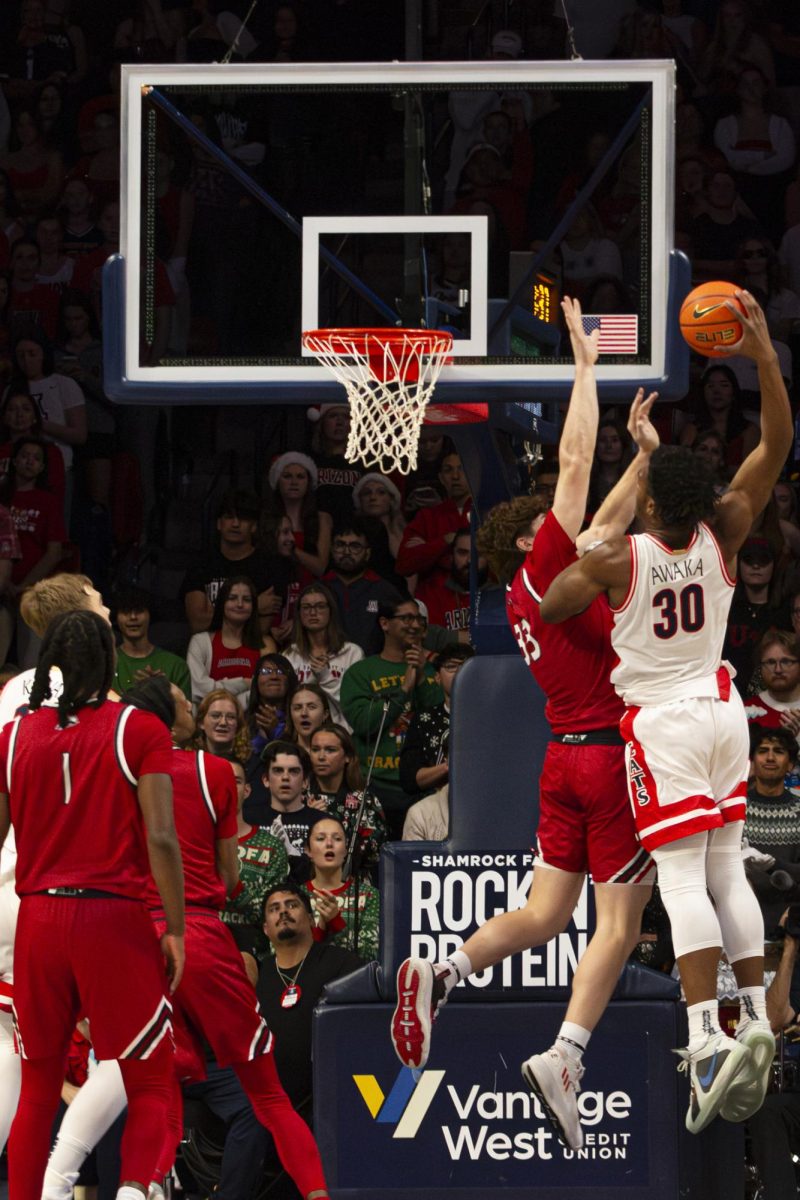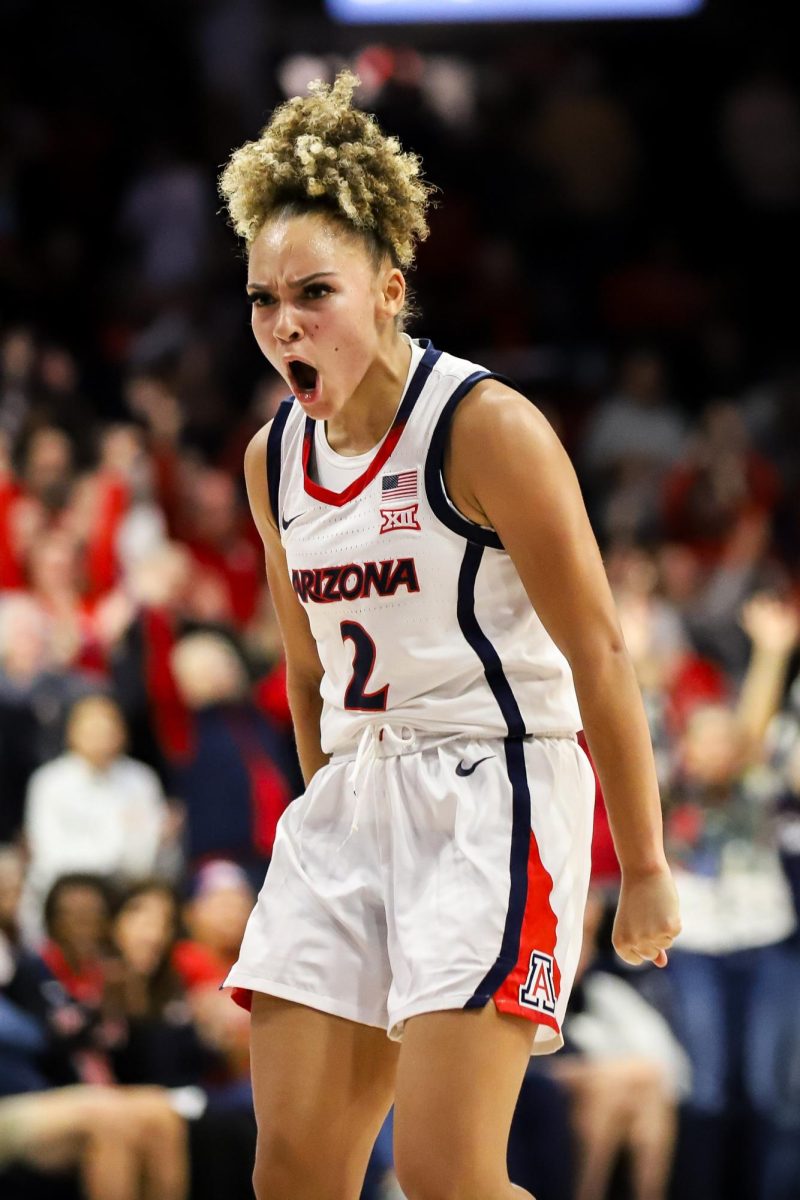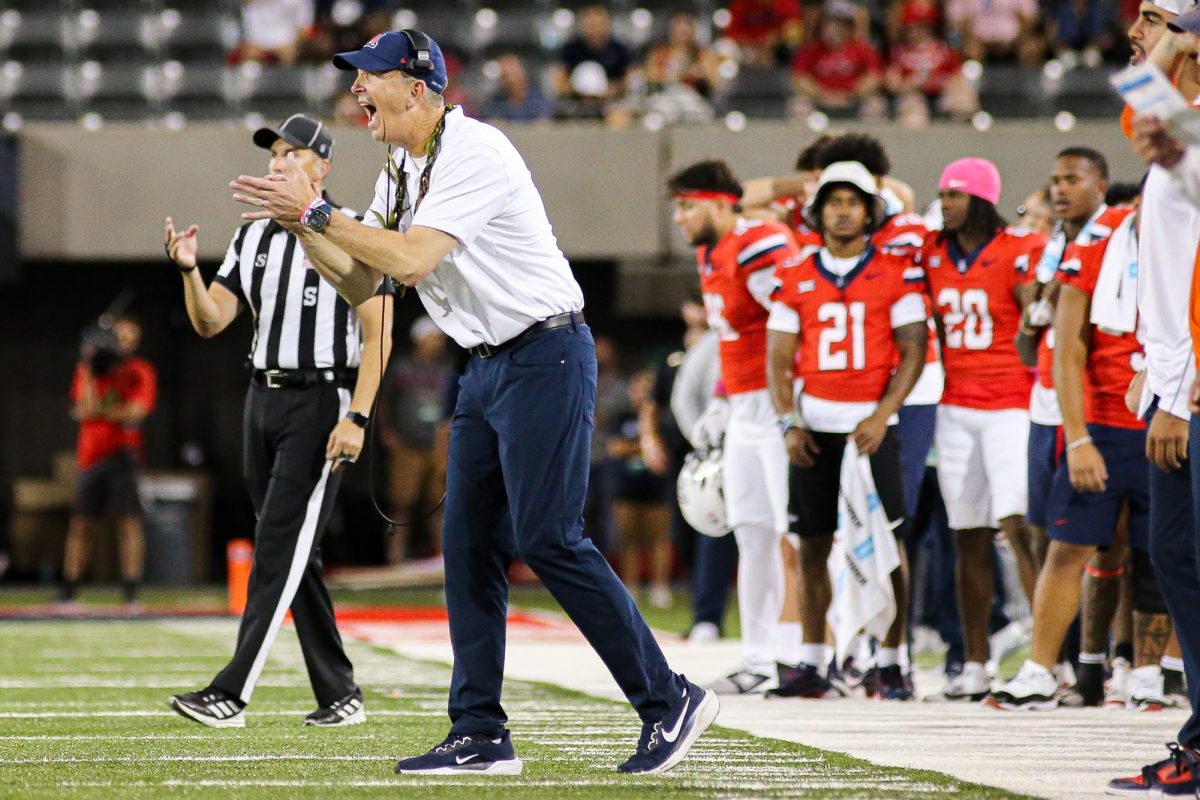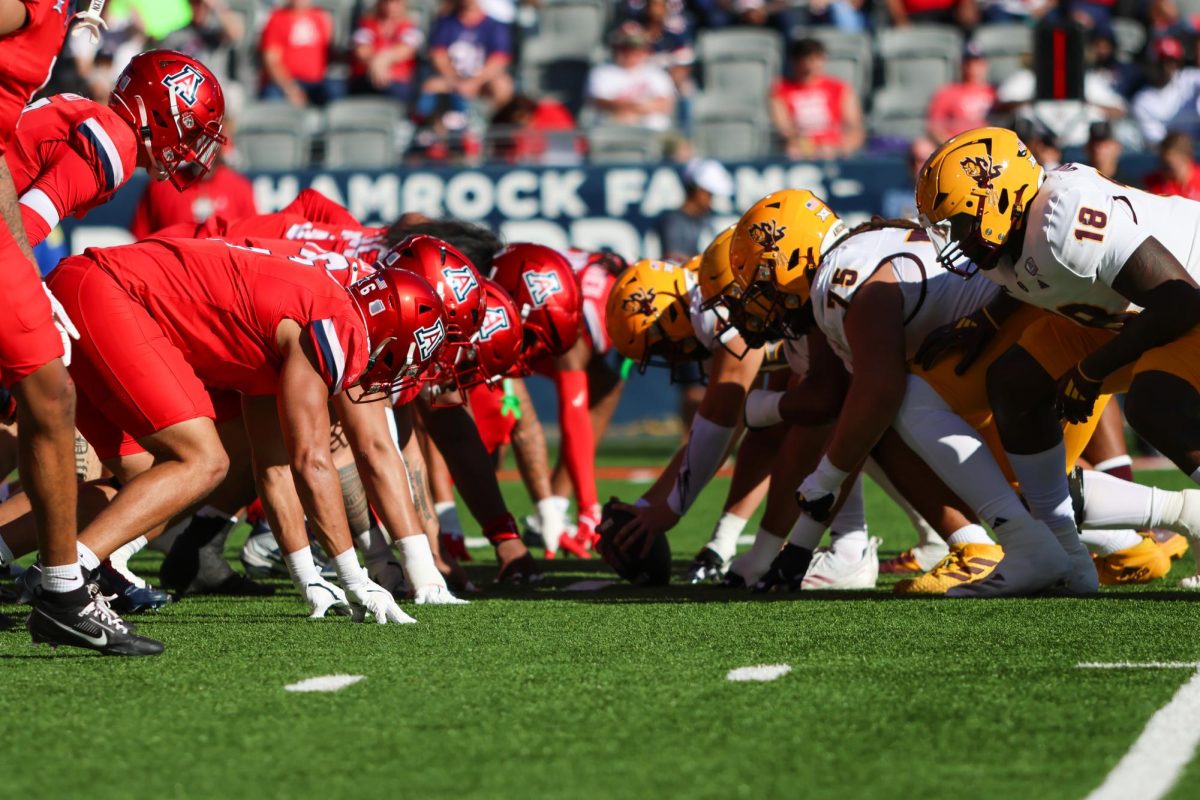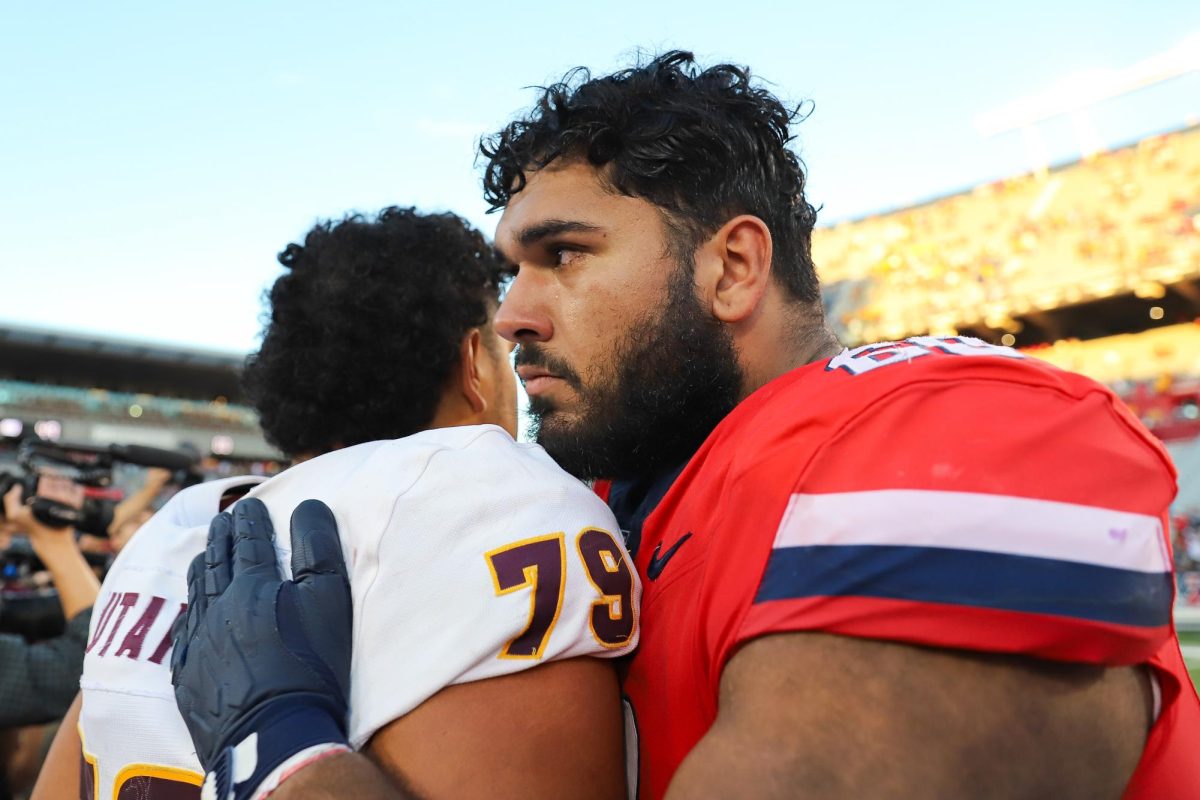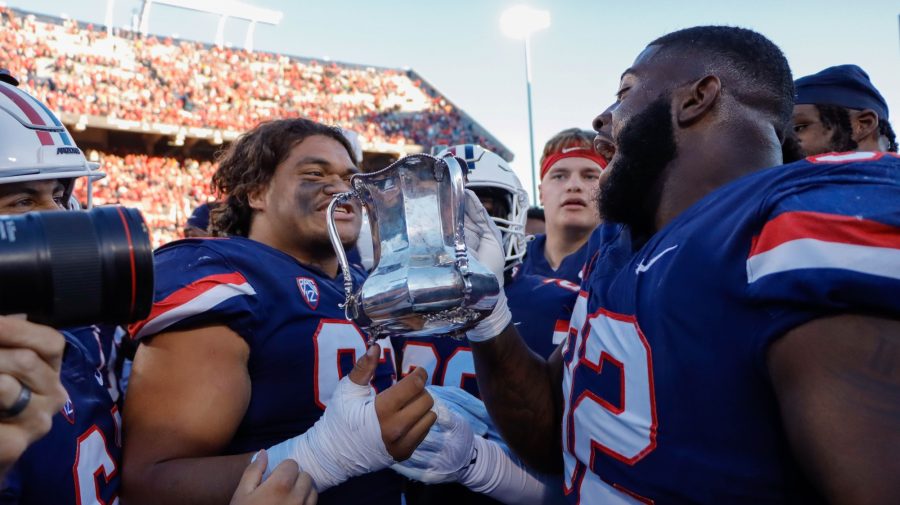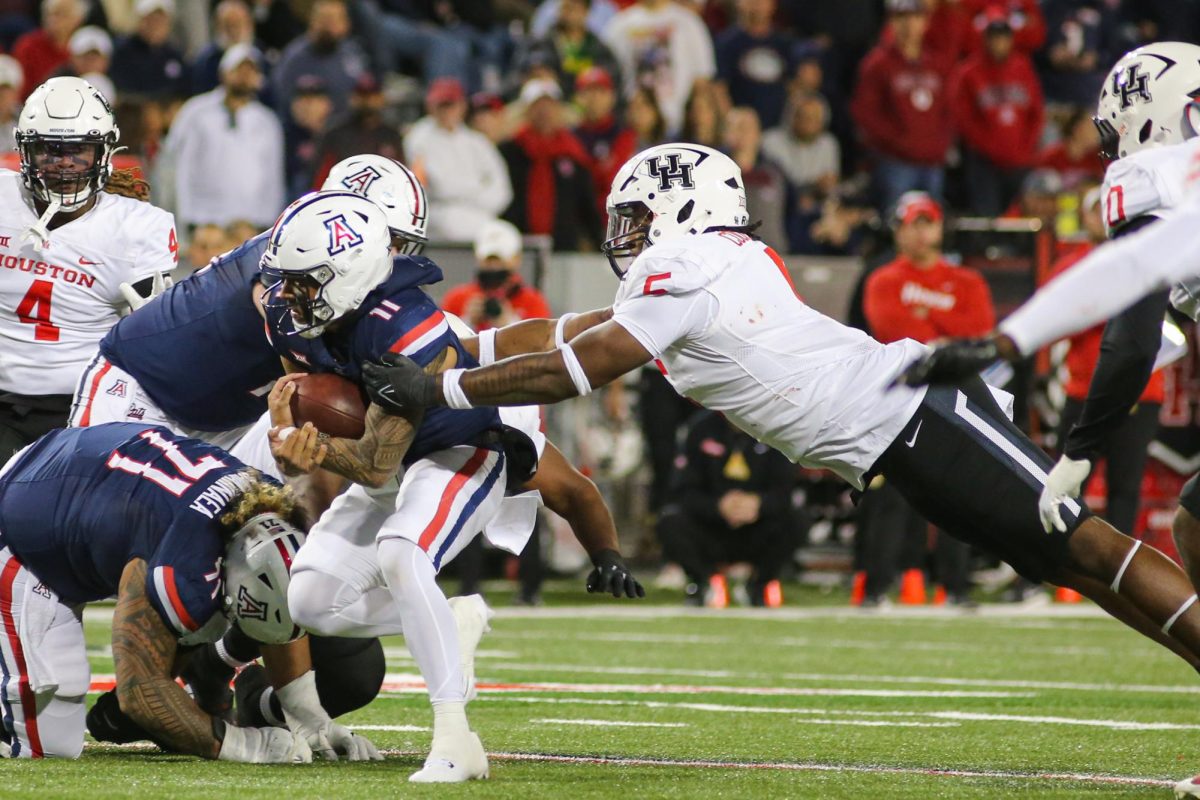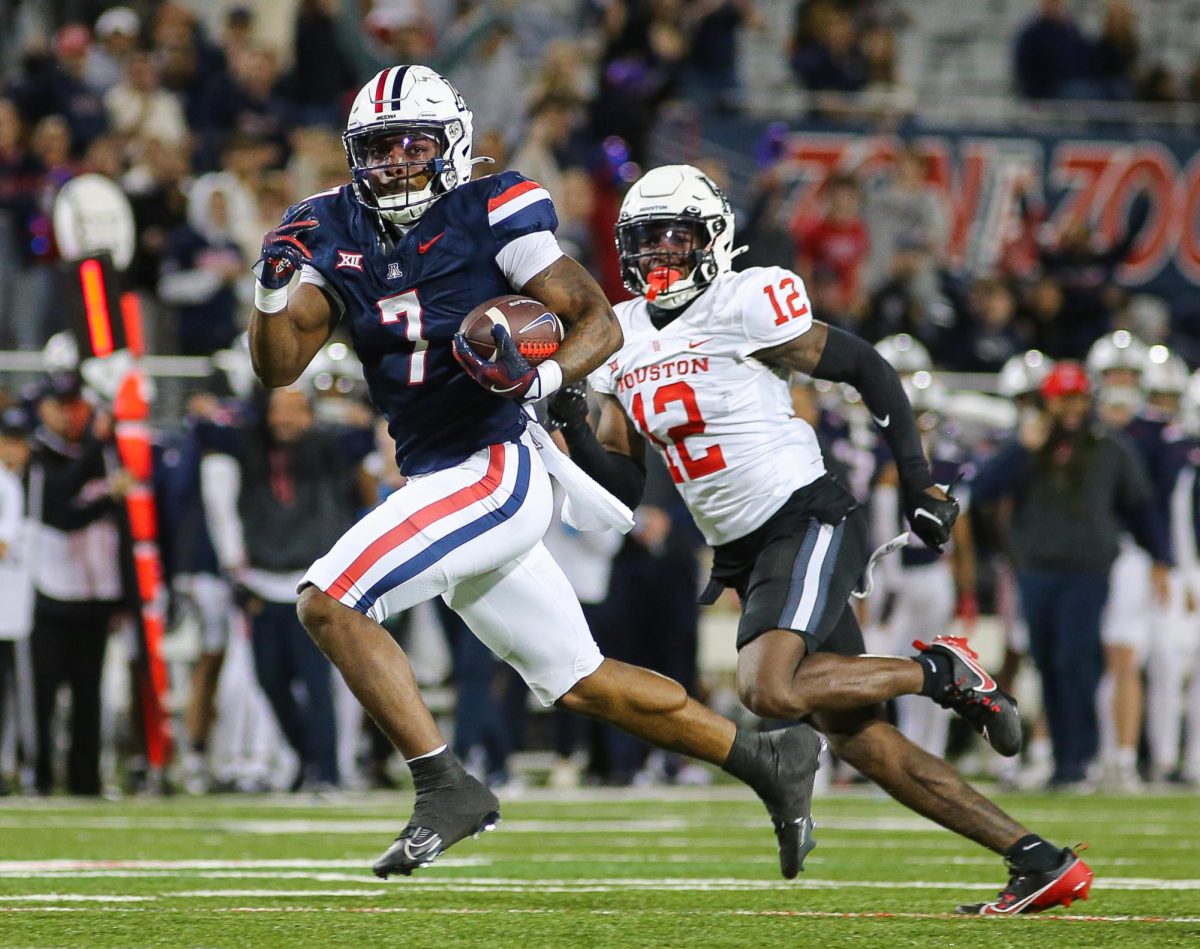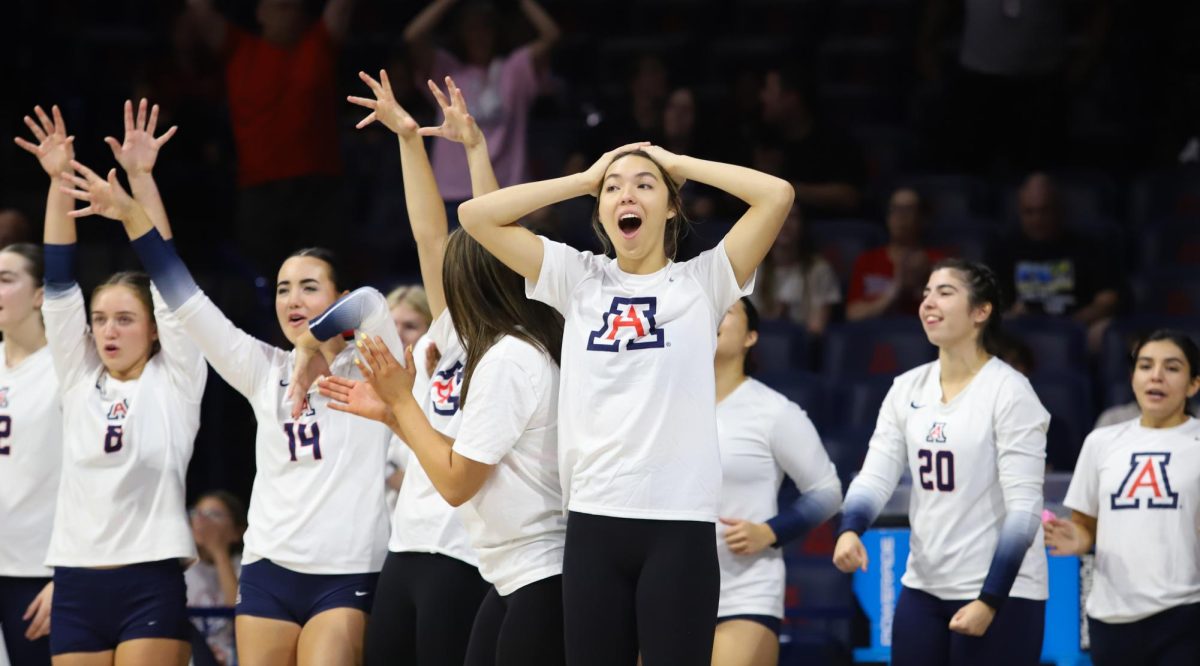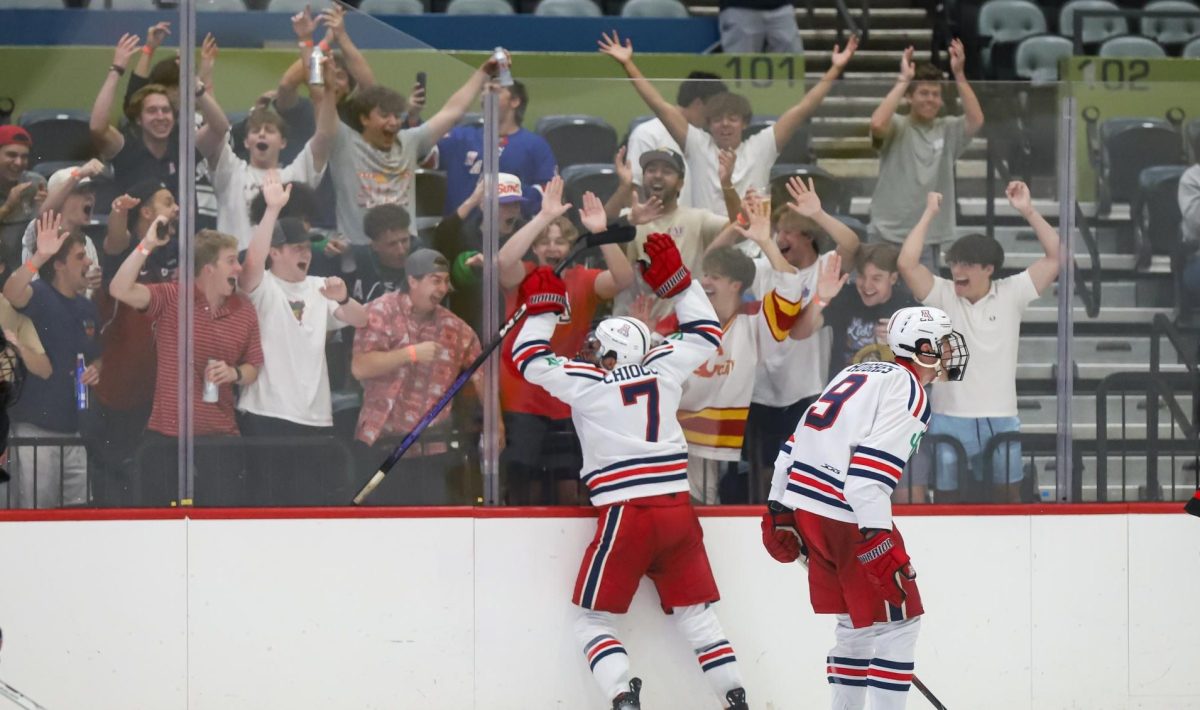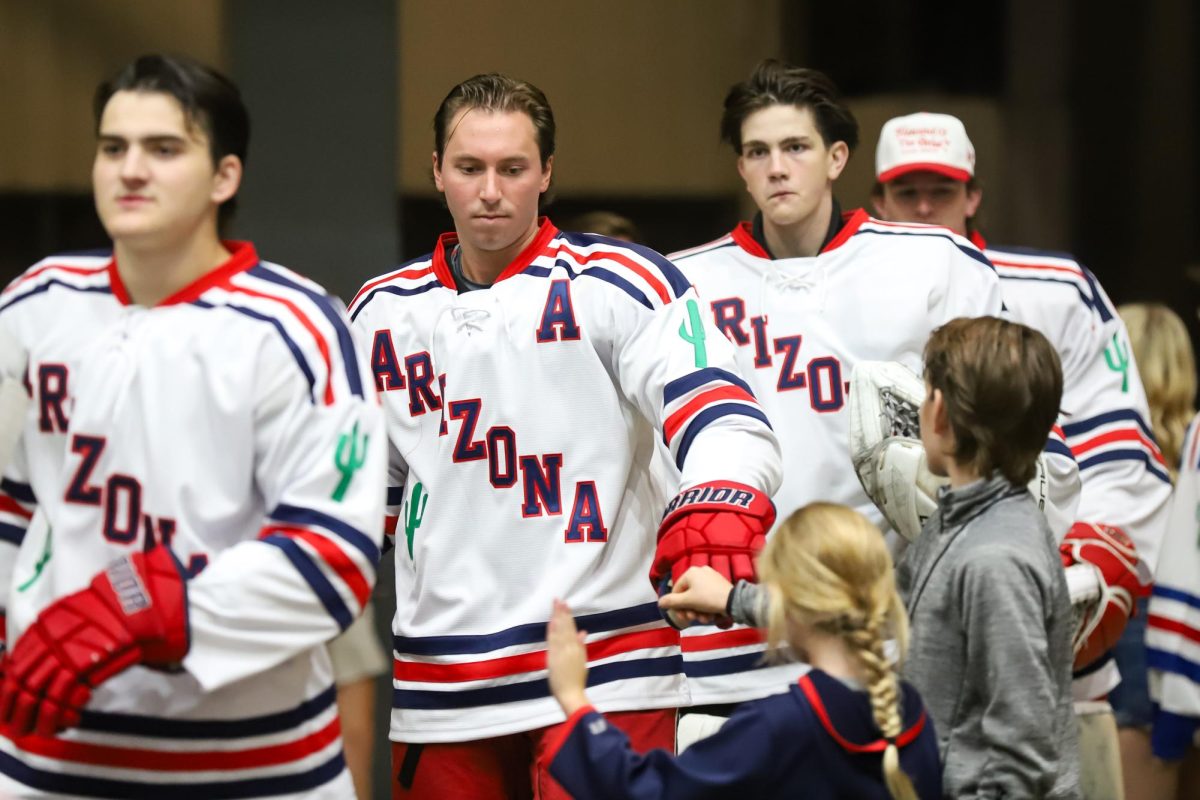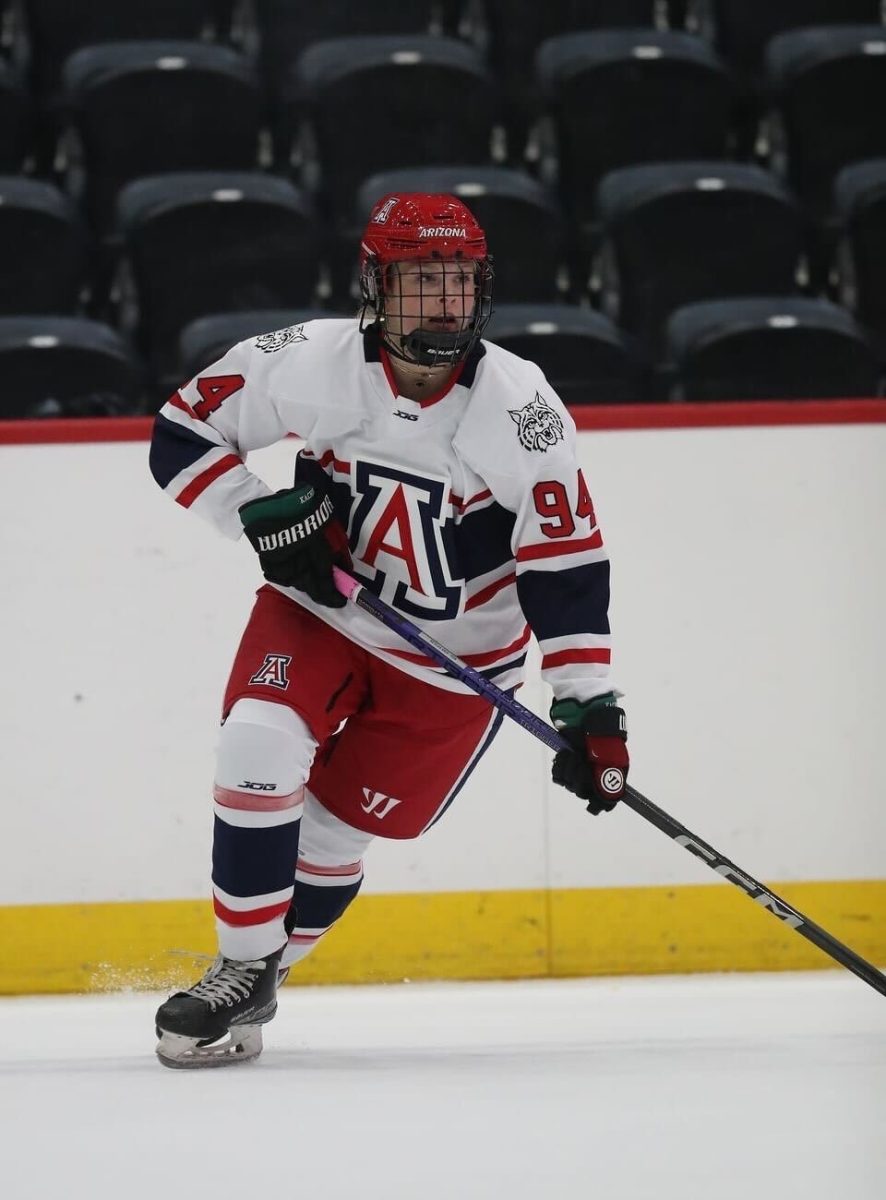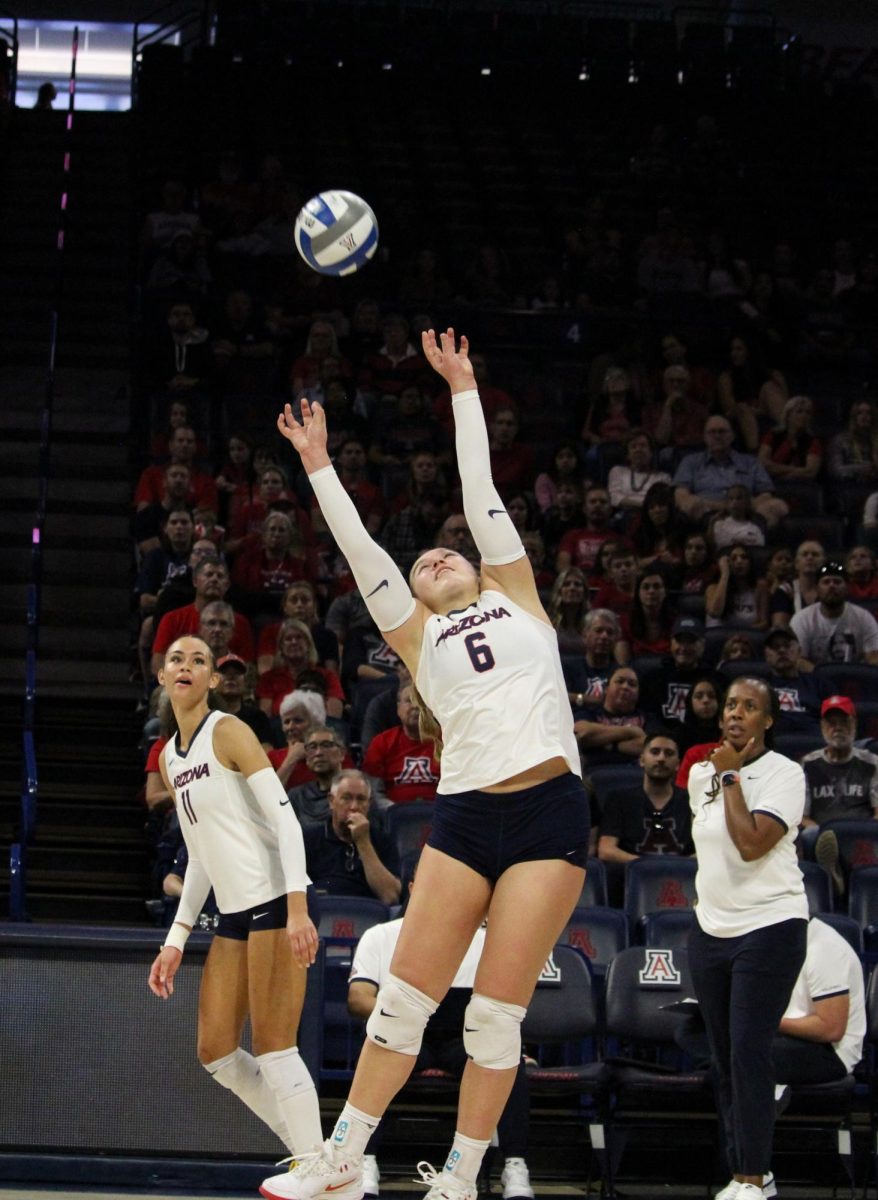As of July 1, 2021, the NCAA has approved a temporary policy to allow student-athletes in all three divisions to make money off the use of their name, image and likeness — also known as NIL. This is something many have been pushing for a long while, and it has finally come to fruition.
“This is an important day for college athletes since they all are now able to take advantage of name, image and likeness opportunities,” NCAA President Mark Emmert said. “With the variety of state laws adopted across the country, we will continue to work with Congress to develop a solution that will provide clarity on a national level. The current environment — both legal and legislative — prevents us from providing a more permanent solution and the level of detail student-athletes deserve.”
Each student-athlete who wishes to make money off their NIL still must obey the law of the state where the school is located. The athletes who attend a school in a state without an NIL law can engage in this type of activity without violating NCAA rules related to name, image and likeness. It is important to understand that this does not mean the athletes can get paid to attend a certain school.
“The new policy preserves the fact college sports are not pay-for-play,” said Division II Presidents Council chair Sandra Jordan, chancellor at the University of South Carolina Aiken. “It also reinforces key principles of fairness and integrity across the NCAA and maintains rules prohibiting improper recruiting inducements. It’s important any new rules maintain these principles.”
Many student-athletes at Arizona have wasted no time taking advantage of being able to monetize their name, image and likeness.
The University of Arizona itself is also doing a lot to help the student-athletes. Last October, Arizona Athletics announced the “Arizona Edge Program” for NIL, which “will focus on personal brand management, business development, financial literacy, networking as well as aspects of Business law to optimize the decision-making process and enhance NIL opportunities.” The athletics department partnered with the UA’s Eller College of Management for this idea.
“Our mission centers around serving student-athletes and providing opportunities for them to become academic, athletic and life champions,” Vice President and Director of Athletics Dave Heeke said. “Establishing new and impactful programming around NIL is a key addition to how we continue to support our student-athletes while they are on campus and prepare them to be successful for life beyond the University of Arizona.”
We are seeing many other creative ways in which other student-athletes across the country are finding ideas to monetize their name, image and likeness. These athletes are able to monetize through a number of different ways including brand endorsements, social media posts, camps, etc.
International student-athletes cannot benefit from NIL while in the U.S. due to their visa status as students.
This is all just getting started. It could lead to more student athletes staying in college for more than one year, especially men’s basketball players. The trend for years for many top college basketball players was to stay for one year before entering the NBA draft — and it was starting to look like the trend of completely skipping college and going straight to the G-League was picking up steam as well in order to make immediate money for themselves and their families. The fact that they’re able to monetize themselves while in college could lead to these student-athletes staying in college for more than one year.
Follow Ari Koslow on Twitter



